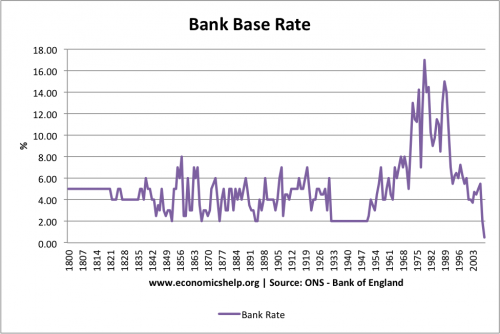Originally posted by vetran
View Post
BTL is not the source of the problem, it's just a symptom, that exasperates it.










Comment